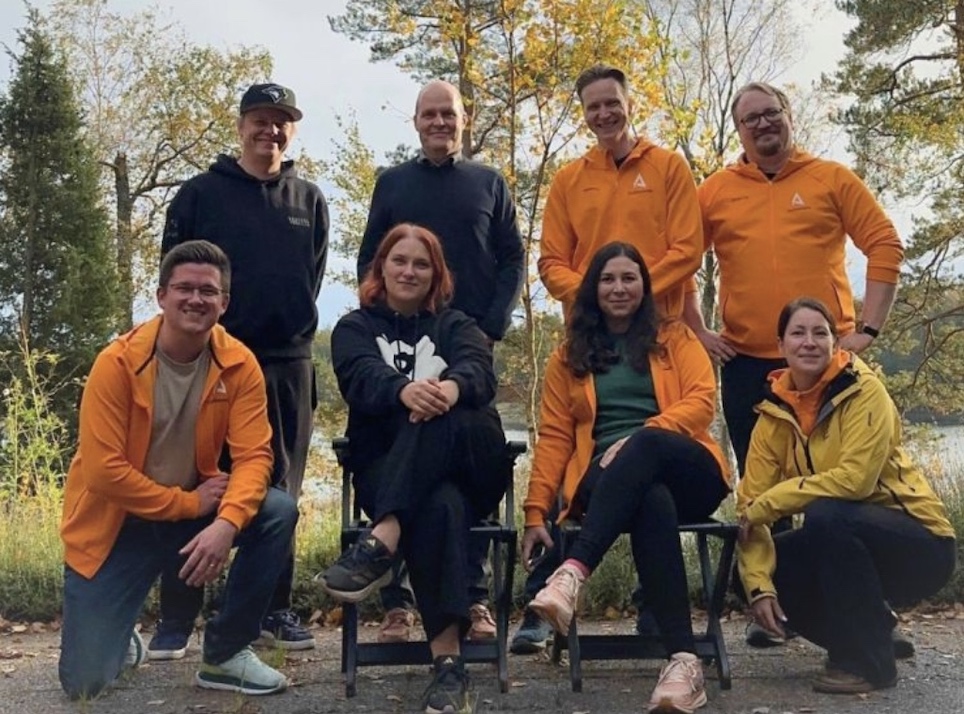by Paul Spence – Founder Genius ReFi
It has been interesting following the unfolding political and economic events that matter to Europeans of late as the global geopolitical landscape has become disrupted in 2025. Meanwhile as American civil society continues to unravel, science funding is being slashed and top universities find themselves under siege. We may have an American Pope now, but it becomes more and more clear that we should be looking towards our European friends for ideas, capital and moral leadership in an uncertain world.
In fact, the EU direction is so diametrically opposite to America, that last week they launched “Choose Europe for Science”, a programme specifically designed to attract the best science researchers from across the Atlantic. The offer involves guaranteed legal protection of academic freedoms, long-term funding (€500M) targeting US scientists, streamlined innovation pathways plus doorways to residency. Although smaller nations cannot compete with such a deal, it can be leveraged indirectly through the ever widening relationships with Horizons Europe, a very well funded EU initiative that encourages multilateral engagement on science projects with commercial potential.
But European research commercialisation also has its challenges. A recent report from EU Startups, an online publication and event organiser, identified over 8,500 spin-off companies distributed unevenly across the EU. Despite being highly innovative and IP-rich, such companies represent only 8% of European startup growth stories, suggesting that capital deployment strongly favours areas outside of applied research. EU spin-off ventures also face structural constraints across the continent such as inconsistent policies on intellectual property, tech transfer inefficiencies and difficulties attracting funding at the very early stages.
Join the Genius ReFi discussion forum on Discord
Many of these problems are universal, but the issue of fragmentation and structural discontinuity are frequently cited. A recent report by former Italian Prime Minister and European Central Bank chief Mario Draghi, puts forward several key suggestions for the EU to enhance economic and financial integration and boost its economy. A central theme is the urgent need to boost lagging productivity and growth. The report advocates for a significant increase in investment, particularly in innovation, green technologies, and digital infrastructure, partly financed through better integrated European capital markets and potentially joint EU debt issuance (a sensitive topic especially for the German government). A more unified market is crucial, requiring the removal of remaining barriers, especially in services, digital, and energy sectors and in particular capital markets. This kind of structural change would be of great benefit to streamlining activities in the startup sector but sadly many of the report suggestions have not yet been acted upon.
Research based startups remain a big opportunity for Europe and a chance to catch up during a period of economic and intellectual decline in America. But accelerating output requires wiggling a few more levers. Better EU-wide guidelines for IP and spin-off formation would streamline legal and equity negotiations. Tech transfer support functions need to be more widely distributed outside of the main population centres. Financial instruments specifically tailored for early stage research startups have also been suggested. A platform approach to connecting researchers, spin-offs, corporates and investors would also be beneficial. We set up Genius ReFi to address this latter problem on a global level.
Genius ReFi is a collaborative platform for researchers, investors, entrepreneur and industry players interested in the commercialisation of eco-regenerative sciences.
Image credit: Paul Spence





